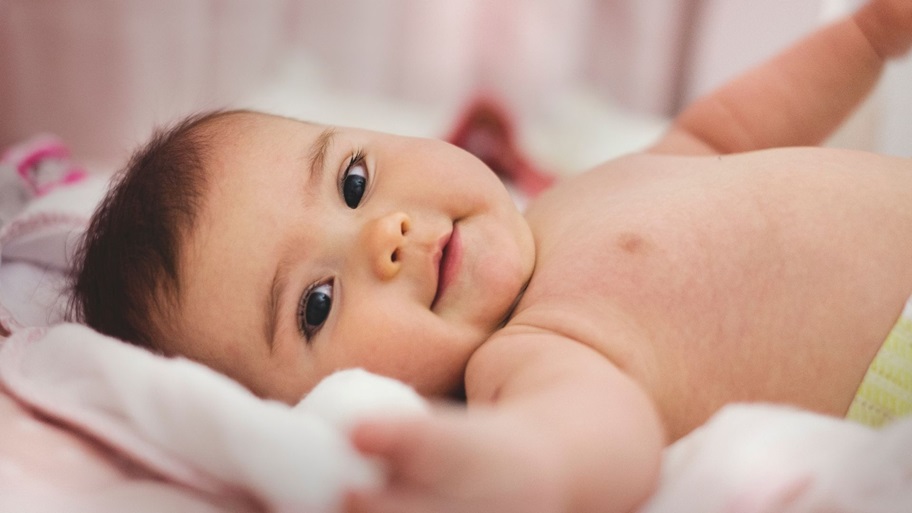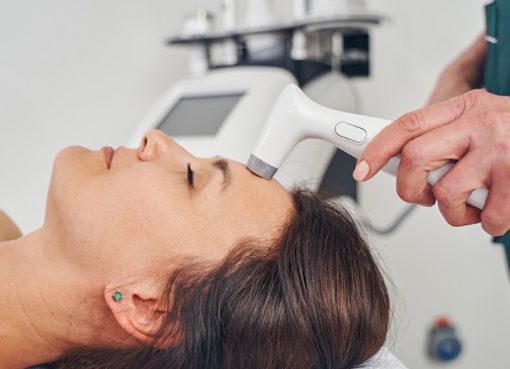When it comes to your baby’s health, pH balance is key. Babies’ delicate systems can be thrown off balance by something as simple as changing their environment or something they eat. That’s why it’s important to know how to keep your baby’s pH levels balanced. This article will discuss how pH affects your baby’s health and what you can do to keep their pH levels where they need to be.
How Does pH Affect Your Baby’s Health?
The pH of your baby’s bodily fluids, including their blood, sweat, and tears, measures how acidic or basic they are. A pH level of seven is considered neutral, while anything below seven is considered acidic, and anything above seven is considered basic. Babies’ systems are very sensitive and can be easily thrown off balance. A change in their pH levels can cause a number of problems, including Diarrhea, Vomiting, and Irritability. It can also affect their ability to absorb nutrients and fight off infection.
How to Maintain Your Baby’s pH Levels?
Babies’ skin is more acidic than adults’, with a pH between five and six. This helps protect them from bacteria and other harmful substances. However, it also makes them more susceptible to diaper rash and other skin irritations. You can do a few things to make sure your baby’s pH levels stay where they need to be.
- Use sensitive baby wipes instead of regular ones. This will help to avoid any irritation.
- When bathing your little one, you can also use mild, non-cosmogenic baby soap. For instance, the baby dove soap bar is a good option since it has a neutral pH.
- Applying a thin layer of coconut oil to your baby’s skin can also help to soothe and protect them from diaper rash.
- If you think your baby’s skin is becoming too dry, you can use hypoallergenic lotion and other baby products to help.
To Conclude
By following these simple tips, you can help to keep your baby’s pH levels balanced. This will promote their overall health and well-being! Talk to your pediatrician if you have any questions or concerns. They will be able to give you tailored advice for your little one.




